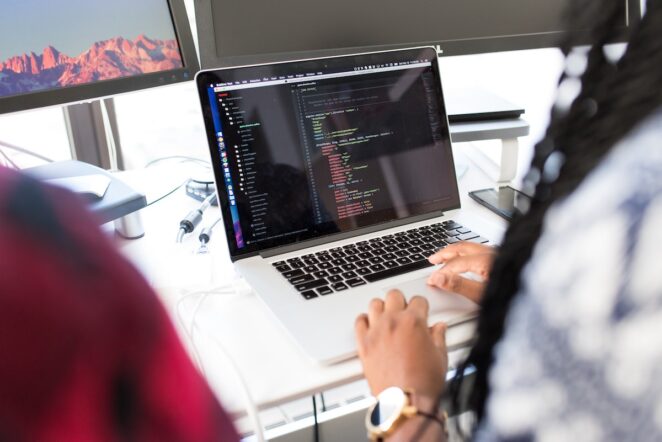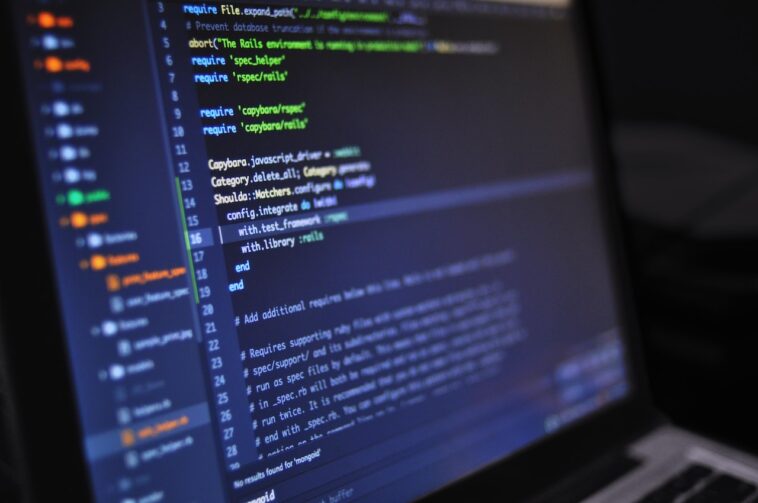The demand for programmers continues to rise with the increasing importance of technology in our lives. This increased demand is driving many people to learn programming languages and join the profession. However, as with most things, learning a new programming language is no easy task. If you are just starting out, you might not know where to begin. Finding the right resources and tools might seem like a challenge too.
However, you should not let any of this discourage you. With the right strategies and tips, you can be well on your way to mastering your preferred programming languages. And in this article, we bring you precisely that! Read on to learn the best tips to master programming languages faster.
1. Enroll in a Coding Boot Camp

The traditional route to learning a programming language, such as attending a university, requires an extended amount of time and effort. Not everyone can make such commitments. This is where boot camps come in.
These camps focus on helping students develop programming language skills in a short period of time. They can last anywhere from 16 to 28 weeks.
If you are struggling to learn a programming language while facing time constraints, a coding boot camp might just be the solution for you. With the targeted education and practical skills imparted in these programs, you will be programming confidently in no time!
2. Structured Learning Path
Having a structured path is crucial when learning a new programming language. While you might be tempted to rush and finish your course, it is important to start with the basics before moving on to more advanced areas. This ensures that you have a strong foundation to build upon.
Skipping foundational concepts will only lead to more confusion later on and slow down your progress. Learning the basics of the language first will help you save time and effort in the long run.
3. Regular Practice
Many beginners tend to focus on theoretical knowledge without putting it into practice. However, regular practice is the key to learning a new programming language. You need to set some time aside for this. During this time, practice all the knowledge that you have recently learned. This will help you solidify your concepts and learn the language faster.
Another thing you can do to master a programming language is compete in online coding challenges. They are a great way to assess what you have learned while reinforcing your concepts.
4. Utilize Online Resources

In today’s digital age, the internet provides a wide range of learning opportunities, and programming languages are no exception. An abundance of resources is available to help you enhance your proficiency in your chosen programming language, offering both speed and effectiveness in your learning journey.
These resources include online boot camps, tutorials, forums, and vibrant online communities. If you find yourself stuck in a particular coding problem, you can simply post your query on a relevant online forum, and many experts will be happy to help.
However, it is important to select your learning resources carefully. Avoid wasting valuable time by ensuring the reliability of the resources you choose. Always conduct preliminary research and opt for well-established and reputable platforms.
5. Peer Learning and Collaboration
If you are learning a new programming language, why not do it with a friend or a partner? Peer learning can help you learn a language faster as you have a friend to motivate you and keep you going.
Imagine you are facing a coding problem, and you have spent hours of your time trying to figure it out. A friend can provide you with a fresh perspective on the problem, helping you solve the issue.
If you opt for peer learning, you can set aside a dedicated time slot where you and your study group sit and discuss the problems they have had. You can all then discuss different methods to solve the issue at hand. This will not only help you learn faster but also gain more perspective.
6. Build Projects
As highlighted before, working on projects is a great way to apply your knowledge and reinforce what you have already learned.
Start with simple projects first. As you become more efficient, gradually start taking up more complex projects. As you continue to do this, you will learn how you can use your programming language knowledge in different practical scenarios.
You will also notice that you are making fewer errors. These projects can then be part of your portfolio that you can later show off.
7. Seek Feedback and Mentorship

There is no alternative to good mentorship. Finding a good mentor can be very beneficial for you as you learn a new programming language. While you can learn a lot from books and your classes, some things can only be learned from experience. Your mentors can give you just that.
An experienced mentor can study your work and give you valuable feedback on it. They can point out mistakes and areas that you can improve in. This is a great way to learn fast. They can also pass down the tips and tricks that they have gathered over the years.
8. Maintain a Positive Mindset
Lastly, it is important to be positive. Programming languages can be frustrating, especially when you face errors in your code and are having a tough time dealing with them. It is important to understand at such times that this is all part of the process.
As long as you are consistent and have a positive mindset, you will be able to eventually master your preferred programming language. So don’t lose hope and trust your skills.
Conclusion
In conclusion, learning a programming language is without doubt difficult. But with a solid plan and the right strategies, you can make this process both fast and enjoyable for yourself. So, enroll in a boot camp, sit with your study pals, and get learning!



